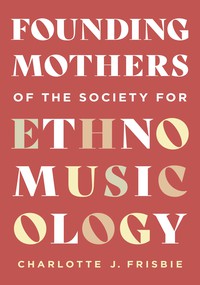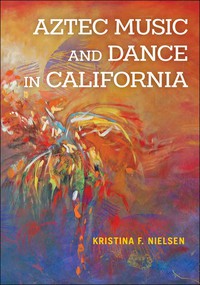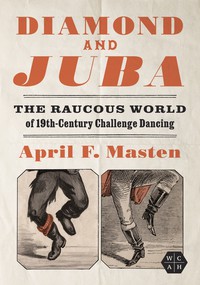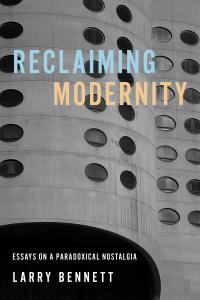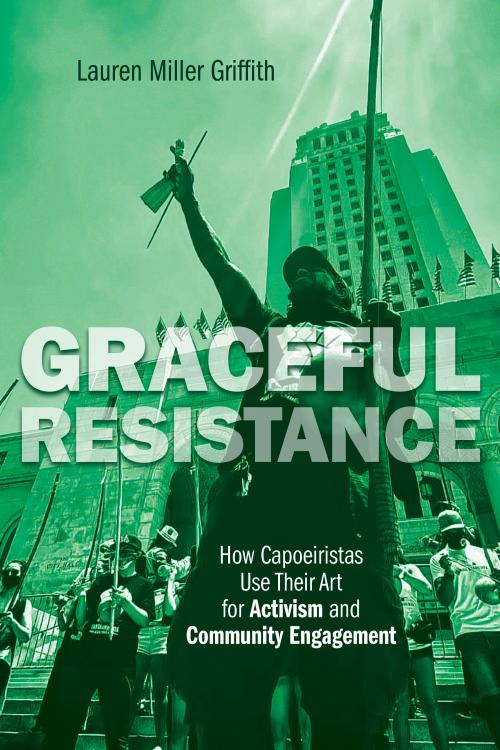
Graceful Resistance
About the Book
Capoeira began as a martial art developed by enslaved Afro-Brazilians. Today, the practice incorporates song, dance, acrobatics, and theatrical improvisation-and leads many participants into activism.
Lauren Miller Griffith's extensive participant observation with multiple capoeira groups informs her ethnography of capoeiristas--both individuals and groups--in the United States. Griffith follows practitioners beyond their physical training into social justice activities that illuminate capoeira's strong connection to resistance and subversion. As both individuals and communities of capoeiristas, participants march against racial discrimination, celebrate Martin Luther King Jr. Day and Juneteenth, organize professional clothing drives for job seekers, and pursue economic and environmental justice in their neighborhoods. For these people, capoeira becomes a type of serious leisure that contributes to personal growth, a sense of belonging, and an overall sense of self, while also imposing duties and obligations.
An innovative look at capoeira in America, Graceful Resistance reveals how the practice of an art can catalyze action and transform communities.
* Publication of this book was supported in part by the University of Illinois Press Fund for Anthropology.
About the Author
Lauren Miller Griffith is an associate professor of anthropology in the Department of Sociology, Anthropology, and Social Work at Texas Tech University. She is the author of In Search of Legitimacy: How Outsiders Become Part of the Afro-Brazilian Capoeira Tradition.Reviews
"This is fascinating study, contributing to our understanding of the ways play and performance, embodied action and arts practices contribute to social activism."--MobilizationBlurbs
“Griffith provides a rich and convincing account of the often-surprising connections between the practices, orientations, and ‘affective habitus’ of capoeira and social justice struggles. This compelling argument is based on years of ethnographic observant participation and countless hours of interviews with diverse practitioners. The end result is an engaging, highly readable, thoroughly enjoyable, yet always seriously scholarly account of capoeira and its place and work in culture and society--an account that is as surprising, dynamic, and graceful as capoeira itself.”--Paul Bowman, author of The Invention of Martial Arts: Popular Culture between Asia and America
